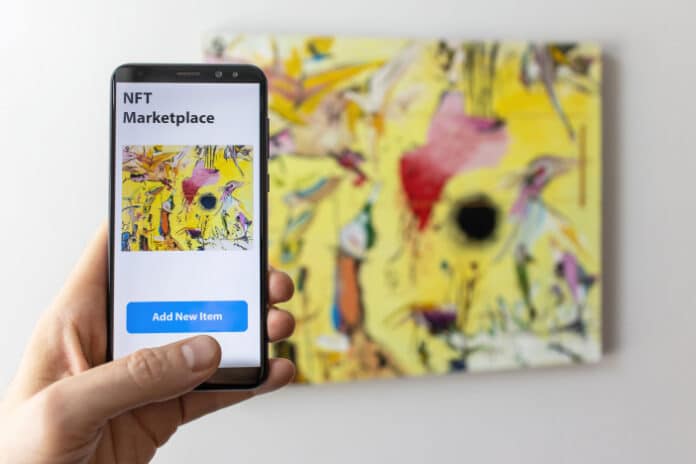The cryptocurrency world is constantly evolving, and with it comes new opportunities for investors and traders alike. One such opportunity that has been gaining a lot of traction in recent months is NFTs (non-fungible tokens). These tokens are unique in that each one is different from the next, making them perfect for use in various applications. However, as with any new technology, there is always the potential for scams. In this blog post, we will look at what NFT scams are currently happening in the market and provide tips on staying safe while investing in this exciting new asset class.
What is a NFT?
NFTs are digital assets that are stored on a blockchain, similar to how cryptocurrencies are stored. However, unlike cryptocurrencies, each NFT is unique and cannot be interchanged with another NFT. This makes them perfect for use in applications such as online gaming, art collections, and more.
One of the most popular platforms for buying and selling NFTs is OpenSea. This platform allows users to buy, sell, or trade a wide variety of NFTs from different creators. Some of the most popular categories on OpenSea include games, art & collectibles, and virtual worlds.
With the popularity of NFTs on the rise, it was only a matter of time before scammers started targeting this new asset class. Let’s take a look at some of the most common NFT scams that are currently happening in the market.
OpenSea Scams
NFTs that worth milions were stolen for a OpenSea user. The user had put their NFTs up for sale and agreed to sell them for a certain price. However, after the transaction was complete, the buyer never received the NFTs they purchased. It is currently unclear how the scammer was able to steal the NFTs, but it is believed that they used a phishing attack to gain access to the seller’s account.
This type of scam is not unique to OpenSea, as there have been similar incidents on other NFT platforms as well. In order to avoid becoming a victim of this type of scam, it is important to only buy or sell NFTs on reputable platforms. Additionally, you should always double-check that you are sending your NFTs to the correct address before completing a transaction.
NFT Collectibles
Another common type of NFT scam is selling collectibles that do not exist. This usually happens when someone creates an online store that sells NFTs that are supposed to be rare or limited edition. However, the NFTs they are selling either don’t exist or are not actually worth anything. In some cases, the scammers will even go so far as to create fake reviews in order to trick potential buyers into thinking their store is legitimate.
If you’re interested in buying NFT collectibles, it is important to do your research beforehand. Make sure you know what the collectible is supposed to look like and check for any reviews or ratings of the seller before completing a purchase.
Ponzi Schemes
As we’ve seen with other investments, such as cryptocurrency and real estate, Ponzi schemes are also a problem in the NFT market. In a Ponzi scheme, someone will promise to pay high returns on investments, but instead of using the money to grow their business, they will use it to pay back earlier investors. This type of scheme can quickly collapse, leaving everyone who invested money losing their hard-earned cash.
If you’re considering investing in an NFT project, make sure you do your due diligence first. Research the team behind the project and see if there is any information about them online. Additionally, be sure to read through the project’s whitepaper to get a better understanding of their plans. Finally, only invest what you can afford to lose, as there is always a risk that the project may not pan out as intended.
Conclusion
NFTs are a new and exciting asset class with a lot of potential. However, as with any new technology, there is always the potential for scams. In this blog post, we’ve looked at some of the most common NFT scams that are currently happening in the market and provided tips on how to avoid them. Remember to always do your research before investing in any NFT project and only invest what you can afford to lose.

